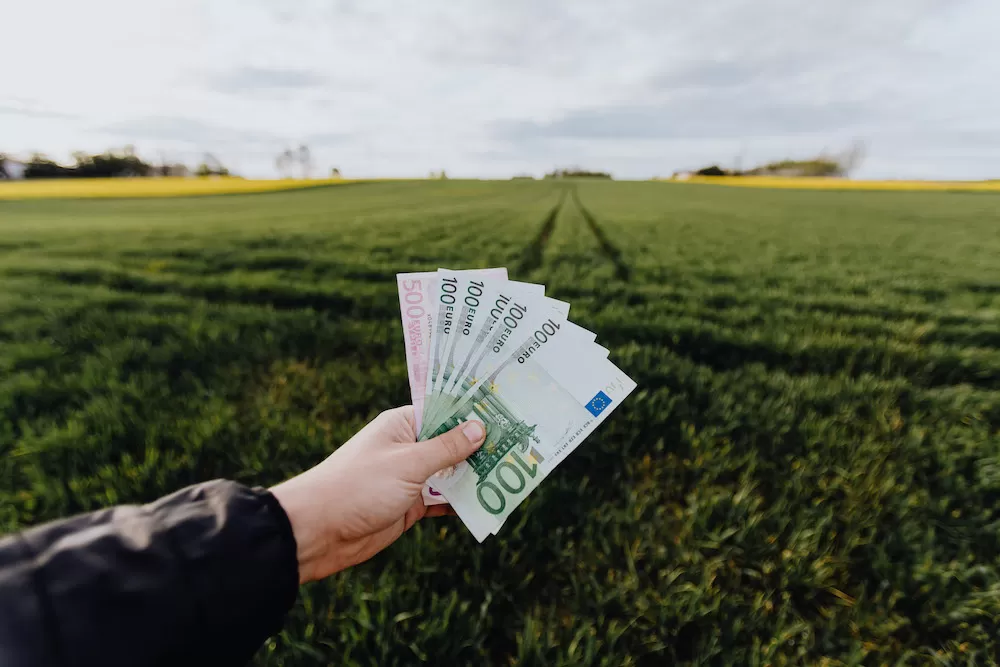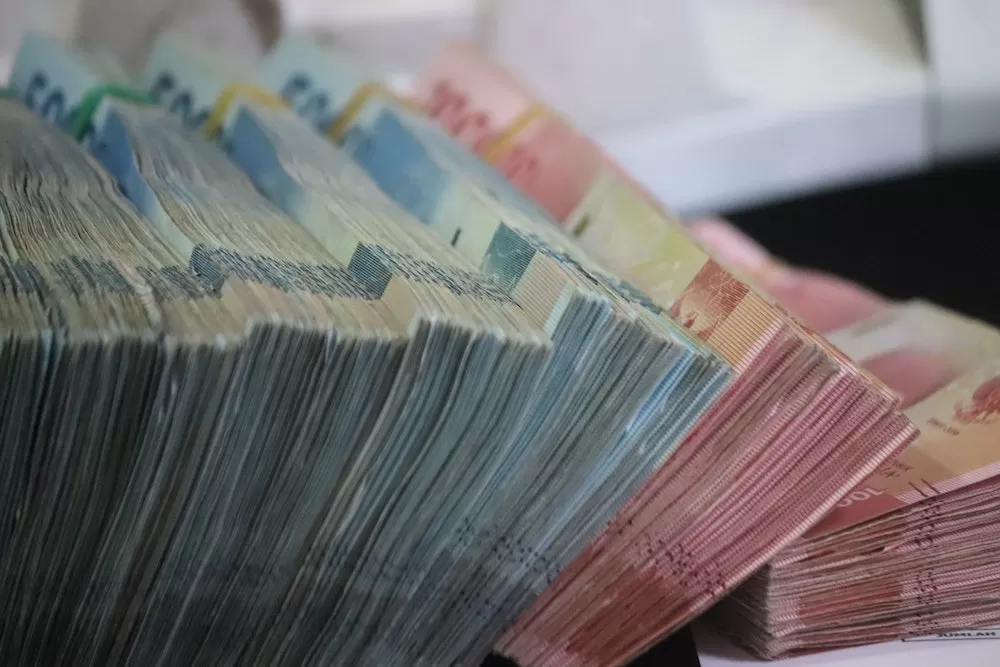When you sell your property in Spain, know that you won't just be earning money from the purchase, but you spend some too. There's the commission of your real estate agent if you hired one. As well as, of course, your capital gains tax. The latter is the more important one since it's a requirement by the Spanish government. And it's important that you pay it regardless of whatever your property was. Whether it was a small
luxury apartment in Barcelona or a luxury villa in the Canary Islands, you will still have to pay your capital gains tax. Here are the basics you'll need to know.
What is The Capital Gains Tax in Spain?
Before anything else, you ought to know what Spain's capital gains tax is all about. Whenever you sell any asset you own in the country, the government will tax you on the profit you earn. That is the capital gains tax in Spain and it's among the most important in the
Spanish tax system. Because there are many types of assets you can own within the country, many of them will be liable for this tax. This, of course, includes any property in Spain that you
plan to sell.
Do Non-Residents Have To Pay Capital Gains Tax in Spain?
Now, what if you're a non-resident in Spain? Legally speaking, you don't have to be a citizen or resident of the country to buy or own a place here. But in turn, this also means you don't have to pay much taxes too, right? Does this include the capital gains tax as well? Yes, it does! In fact, the capital gains tax rate for non-residents in Spain who aren't from the EU is much higher. The standard tax rate is 19%, but for non-EU foreigners, it's 24%. You also have very few exemptions; you have to pay this tax upon selling your property in Spain.
What is The Rate for Spain's Capital Gains Tax?
As already mentioned, the standard tax rate for the capital gains tax is 19%. It's the same in France and many other countries in the EU. However, ther are other factors that may make it higher for you. Also already mentioned is if you're a non-resident from an EU country, your capital gains tax rate would be 25%. Now, if your profit, which is the difference between how much you paid for the property and how much you earned when you sold it, is between €6,000.00 to €50,000.00, your rate will be 21%. And if it's above €50,000.00, your rate will be 23%.
What Exempts You from The Capital Gains Tax?
You might be wondering by now: ”
can you get exempted from the capital gains tax in Spain?” The answer is yes, you can. But it will depend on certain factors. First is your main home. If the money you earned from selling your property in Spain will be used to buy a new one that you will use as your permanent residence, you'll be exempted from the capital gains tax. If you're older than 65 and receiving a pension, any asset you sell would be exempted too. And more specifically, if you bought the property you want to sell before 1995, you'll also be exempted from Spain's capital gains tax.
What Other Assets are Liable for Spain's Capital Gains Tax?
Apart from your property in Spain that you want to sell, surely there are other assets that will be liable for the capital gains tax here, right? Yes, there are. They include land, buildings, company shares, government bonds, investments, and even precious metals. Any profit you earn by selling any one of these will be liable for the capital gains tax in Spain. And more often than not, the same rules apply. So always remember this very important cost whenever you want to sell any notable asset in this country.
What Other Property Taxes Do You Need to Pay in Spain?
When it comes to property taxes in Spain, there are a few more apart from the capital gains tax. There's the
Plusvalia, for instance, which is calculated based on the
valor cadastral, or the increase value of the land. This is more of a local property tax so you will have to pay it in the town hall or any similar or related offices. There's also the Property Ownership Tax which, as its name says, is when you've bought a new property in the country. You can regard this as the opposite of the capital gains tax.
When you put your property in Spain for sale, you won't just be earning money, but spending too. And among the most important costs of selling your place here, your capital gains tax is one that you really have to stay on top of!



